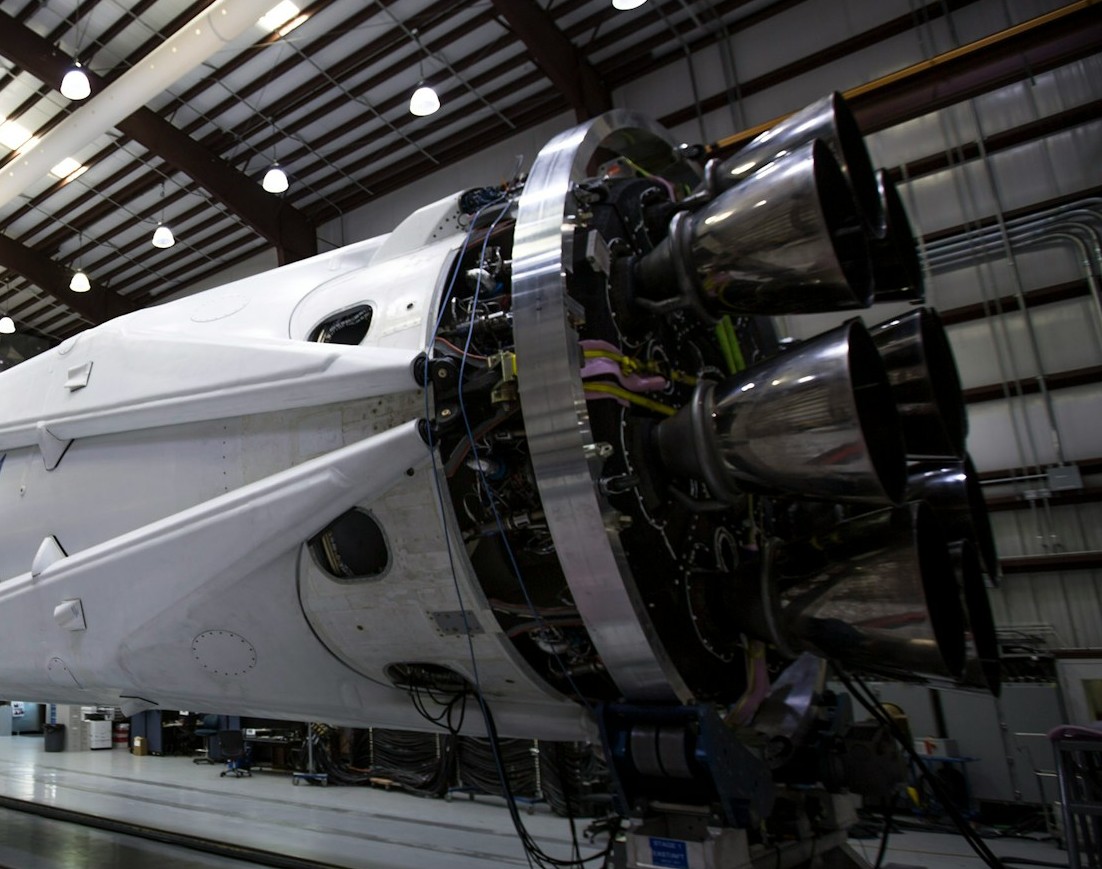Casablanca – Russia is increasingly consolidating its fishing interests in Moroccan waters, capitalizing on favorable marine conditions and geopolitical shifts that have reshaped access to the country’s rich maritime resources.
The Russian Federal Agency for Fisheries (Rosrybolovstvo) recently confirmed that conditions in Morocco’s and Mauritania’s Exclusive Economic Zones (EEZs) are highly favorable for its fishing fleet. This positive assessment coincides with Russia’s broader strategy to expand its maritime reach across West Africa, especially as European fleets have exited the region.
The agency’s findings are supported by ongoing research conducted under the “Great African Expedition,” a large-scale scientific mission currently surveying marine ecosystems across 19 African coastal states. The expedition, led by two Russian research vessels, aims to collect data on pelagic and demersal fish stocks, evaluate sustainability risks, and identify long-term fishing opportunities.
According to Ilya Shestakov, head of Rosrybolovstvo, recent studies have shown a notable improvement in stocks of Atlantic mackerel—a species with strong global market demand. He also pointed to new prospects along the coasts of Guinea-Bissau and the Republic of Guinea, signaling Russia’s ambition to deepen its maritime partnerships throughout the continent.
The Russian agency emphasized that the data collected from Moroccan and Mauritanian waters has yielded “unique” scientific insights that will inform recommendations for sustainable fishery practices. These efforts are part of Moscow’s wider strategy to combine research and diplomacy as a gateway to expanding its presence in African EEZs.
After Europe’s exit, Russia fills the gap
Russia’s growing role comes in the wake of the suspension of the fisheries protocol between Morocco and the European Union. The non-renewal of the agreement, due in part to legal disputes within the EU over the inclusion of waters off the Western Sahara, resulted in the withdrawal of European fleets—particularly Spanish vessels—from Moroccan waters.
The departure created a void in fishing activity and foreign revenue, which Russia appears poised to fill. In recent statements, Russian authorities noted that their fleet’s activity in foreign EEZs has grown significantly, with catch volumes exceeding 265,000 tons this year—an increase of over 16% from the previous period.
This shift underscores Russia’s evolving strategy to secure new maritime access points, diversify its sources of fish imports and exports, and reduce dependence on traditional European markets.
Looking ahead
As Russia steps up its involvement in Morocco’s fisheries sector, future negotiations will likely focus on long-term sustainability, investment in local infrastructure, and technology sharing. Moroccan officials are expected to maintain a cautious but pragmatic stance—balancing economic gains with environmental and political considerations.
With scientific collaboration expanding and the legal framework extended, the Morocco–Russia fishing relationship appears positioned for continued growth, potentially reshaping regional dynamics in the North Atlantic fisheries sector.
















